Is there any relationship between the protagonist "Gazi" in Wei Wei’s Oriental and Private Zhang Ga?
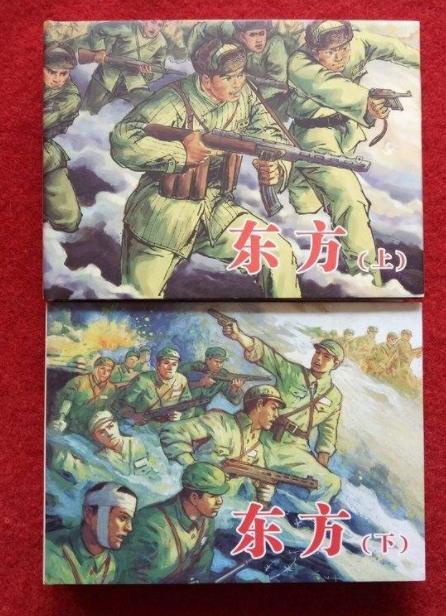
In the previous period, the author wrote an article about the film Private Zhang Ga. Some netizens said: Gazi, the hero in Wei Wei’s novel The East, is Zhang Ga in Private Zhang Ga.
This statement is quite novel, but I have never thought about it before and have never heard of it.
However, the hero in Wei Wei’s novel "The Orient" is indeed nicknamed "Gazi", and his big name is Guo Xiang.
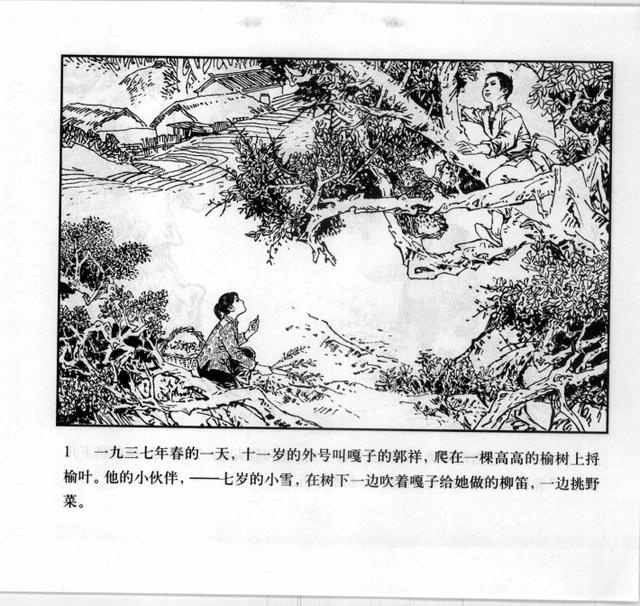
So, the question is, is the hero in Wei Wei’s novel The Orient inspired by Private Zhang Ga?
It’s not that simple.
Here, it is necessary to say a few more words about Wei Wei’s novel The Orient.
Wei Wei’s novel The Orient is my favorite novel.
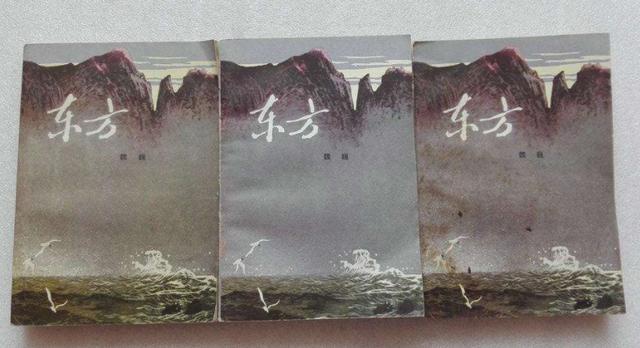
Personally, it is a culmination in the transformation from Mao Dun’s novel mode represented by Midnight to contemporary novels.
Because the novel, which shows a magnificent event in a panoramic way like "The East", has lost its trace in contemporary literature.
In fact, it is still difficult for us to find a work like Tolstoy’s War and Peace.
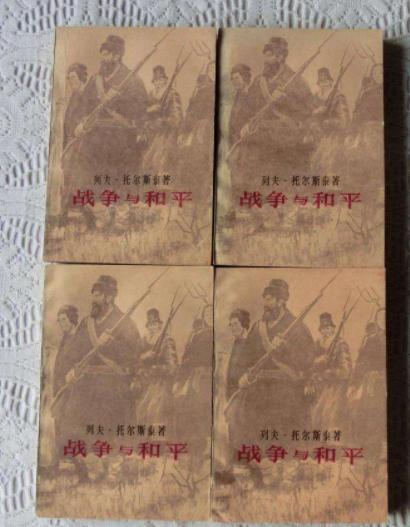
In military literature, Wei Wei’s novel The East is the only one that can vaguely find the charm comparable to War and Peace. I use "vaguely" here to emphasize a vague meaning. Think about it, apart from "The Orient" which shows a war with such a vast space, three-dimensional structure and multiple narrative chains, which novel has done this?
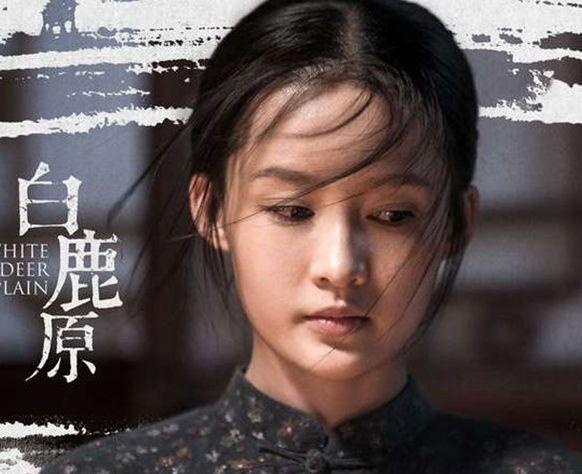
Chen Zhongshi wrote a little war in White Deer Plain, but the plot of underground struggle in it is more like imitating the "wedding on the execution ground", and there is almost no detail description. It can be seen that the novel has no real atmosphere.
Of course, some people will disagree, thinking that Wei Wei’s novel The Orient is too superficial, too popular, and has no depth of characterization.
The problem is that China literature is always missing in the creation of epic works.
Thon’s War and Peace was written from 1863 to 1869. There is a whole difference of one hundred years from the creation time of Oriental.
But what did China literature have when Tuoweng wrote his masterpiece? It can be said that there was no work at that time that described the psychological traces and tracks of modern people.
Therefore, Mu Xin thinks that China literature is backward.
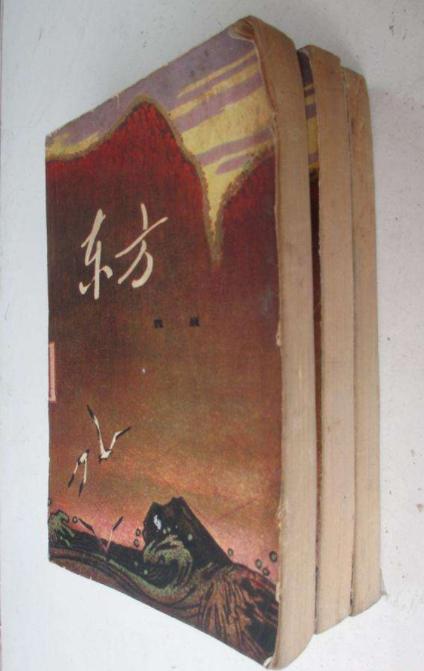
From this perspective, which novel can be found in the history of China literature, such as Wei Wei’s novel The Orient, which shows the whole process of a war in a three-dimensional way?
Hardly.
Therefore, there is no doubt about the significance of Wei Wei’s novel The Orient.
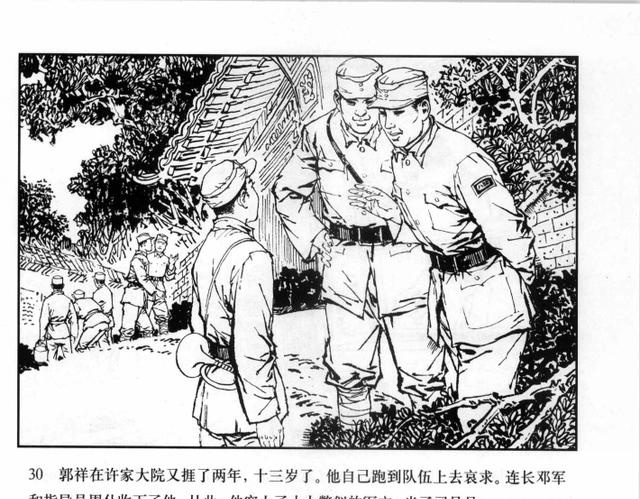
Personally, I prefer Wei Wei’s novel The Orient. When I read it for the first time, I felt that Wei Wei wrote the dialogues of the characters very vividly, especially the dialogues, which implied a logical refutation relationship, that is, there was a subtext gap between the dialogues, and this gap was manipulated by the internal psychological logic. Therefore, the dialogues actually reflected the inner world of the characters, inner thinking, inner games, and good dialogues, not only speaking the vernacular, but also having profound subtext.
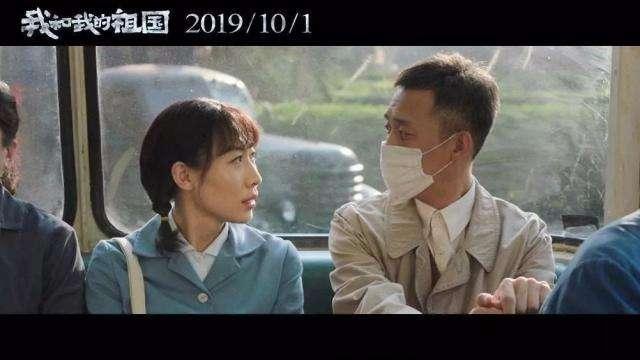
This is reminiscent of My People,My Country, a National Day gift film. The story performed by Zhang Yi is called "Meeting", and the characterization is completed entirely through dialogue. In this dialogue, it is not a simple introduction of superficial information, but actually reflects the hidden intention of the characters.
The Orient has such characteristics. The novel shows the five battles of the Korean War from a continuous perspective, and we can also see the author’s originality in conception. It can show several key paragraphs of the war from a not-so-vast angle, and the pioneering significance of The Orient in China literature is self-evident.
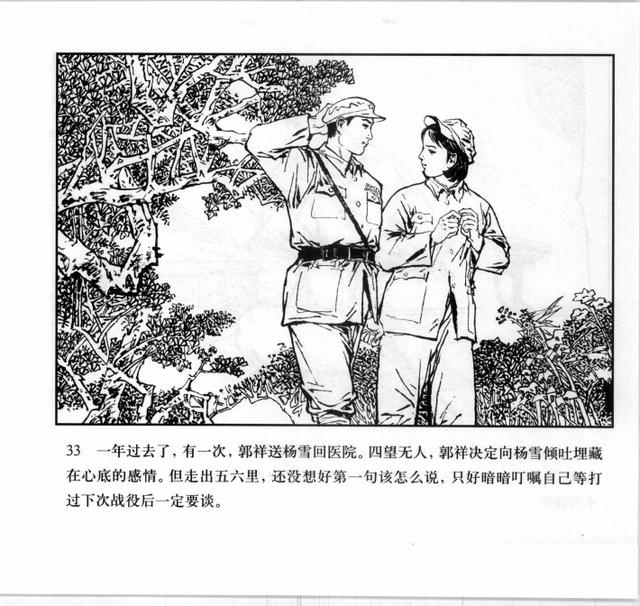
In fact, there is no successor to the tradition of epic style like Oriental.
This is related to the fact that the literary world always thinks that this novel template is too old. However, the problem is that China literature has not gone through this so-called old 19th century literary template stage. In the history of China’s literature, when there were not a few three-dimensional long templates like War and Peace, they were threatened by the wave of so-called trendy novels.
Marquez’s "One Hundred Years of Solitude" adopts a trendy literary template. However, in the context of Spanish literature, he is based on the previous classic works such as Don Quixote, and literature has fully accumulated in the traditional model category, which makes it possible for writers in this context to realize narrative innovation based on the same texture.
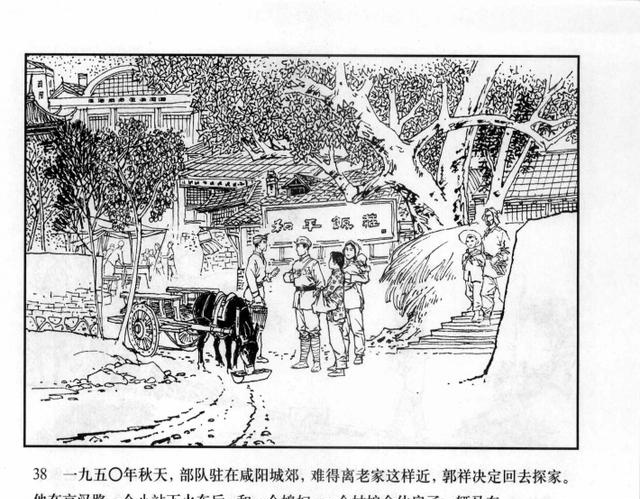
China literature is just on the basis of not fully developing its own narrative mode, and suddenly it will be promoted to the height of avant-garde literature, which can only give people a ridiculous feeling of being ignorant of the world.
In this sense, the appearance of Oriental fills the blank in the panoramic description of war literature in the history of China literature.
Private Zhang Ga was published in 1961, and Oriental was written in 1959 and published in 1977.
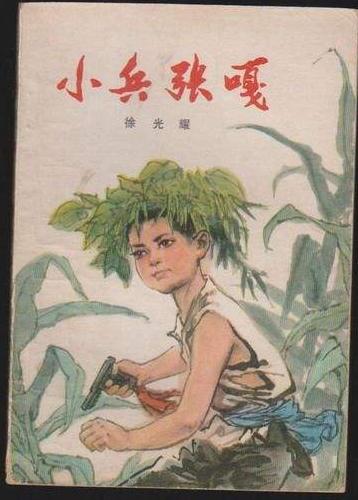
It can be seen that when Wei Wei wrote The Orient, Private Zhang Ga had not yet appeared.
In fact, Wei Wei and Xu Guangyao, the author of Private Zhang Ga, have a more intensive intersection, which may be the reason why they have the same role nickname in their respective works.
Wei Wei was originally from Henan. During the Anti-Japanese War, he came to Shanxi-Chahar-Hebei with the Eighth Route Army troops, while Xu Guangyao, the author of Private Zhang Ga, joined the Eighth Route Army in Jizhong. At first, two people were in Shanxi-Chahar-Hebei and Jizhong, two bases with a certain geographical distance.
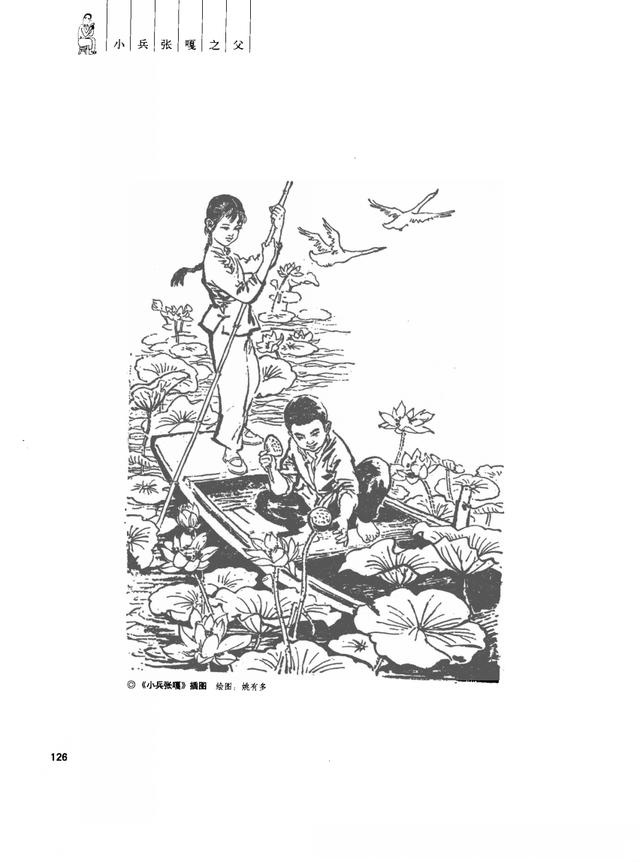
In the autumn of 1944, Wei Wei came to Jizhong with the army, where the author of Private Zhang Ga had been fighting and living.
During this period, the most difficult period of the Anti-Japanese War has passed, and the situation in Jizhong base area has greatly improved.
Obviously, Wei Wei’s time in Jizhong is shorter than that of Xu Guangyao, the author of Private Zhang Ga, who has been staying in Jizhong.
During his stay in Jizhong, Wei Wei once wrote a newsletter, which was Yan Gazi written in the winter of 1944.
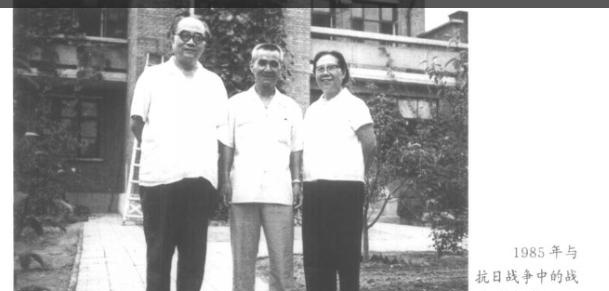
Later, the prototype of Private Zhang Ga was thought to come from here.
In fact, Xu Guangyao has never admitted this. But it can’t be ignored that the name "Gazi" first appeared in this communication report of Wei Wei.
When Wei Wei was writing the Orient, there was no Private Zhang Ga. When he designed the characters in the novel, it was easy to transplant the character "Yan Gazi" that he came into contact with during his life in Jizhong into his novel, becoming a unique military image with spiritual will, just like Li Yunlong created in Sword, and trying to reveal the military temperament of this character. "Ga", a personality characteristic, impressed Wei Wei deeply, and he would naturally transplant the character’s temperament into another war novel.
In "The Orient", when summing up Gazi’s actions, it is almost a summary of what Zhang Ga, a private soldier, did, saying that he "burned the watchtowers, attacked traitors and caught Japanese devils".
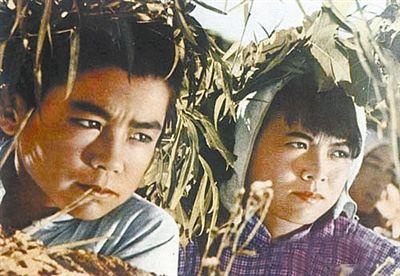
Xu Guangyao and Wei Wei, the authors of Private Zhang Ga, have the same experience in Jizhong, but their relationship is a little subtle.
In his memoir "The West Wind Withered Green Trees Last Night", Xu Guangyao once wrote about Wei Wei’s criticism of his expression in 1957. At that time, they were all in a cultural unit, and Xu Guangyao was implicated because he was regarded as a student of Ding Ling. As the leader of the cultural department, Wei Wei severely criticized him, which made Xu Guangyao always bitter.
But Hu Ke, another writer, told the truth that Xu Guangyao didn’t know, that is, Wei Wei was opposed to classifying Xu Guangyao as a rightist.
Xu Guangyao didn’t know, which seems to have a bad feeling between him and Wei Wei.
Then, when Xu Guangyao wrote Private Zhang Ga, was he influenced by the image of Gazi described in Wei Wei’s communication?
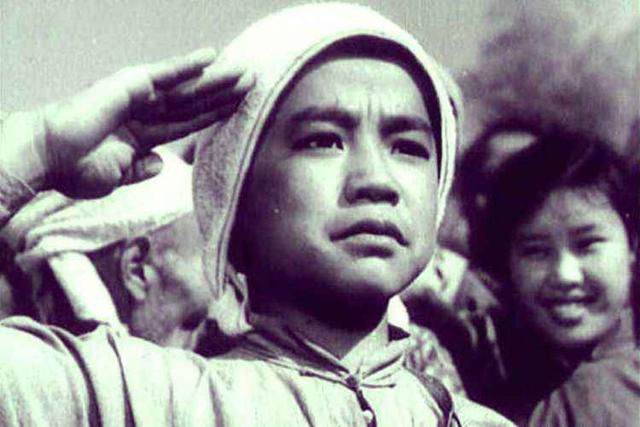
Both Xu Guangyao and Wei Wei have the experience of the Anti-Japanese War in Jizhong, and they should have a common perception of the deeds of some local heroes. Wei Wei’s famous communication undoubtedly deepened Xu Guangyao’s impression. Therefore, we can think that the emergence of Private Zhang Ga has a relationship with the communication written by Wei Wei.
Private Zhang Ga, because it pays attention to the characters, has far-reaching influence, far more than Wei Wei’s pure documentary communication.
When Wei Wei wrote The Orient, he would not give up his unique personality and temperament of Gazi. Therefore, even if Private Zhang Ga became popular, he did not change his love for this role, and insisted on portraying this character in the Orient according to Gazi’s female parent.
The relationship between Wei Wei and Xu Guangyao has always been delicate. Xu Guangyao’s bad feelings towards Wei Wei have always existed, so in his memoirs, he never forgets Wei Wei’s unfriendly attitude towards him. And Liu Baiyu, who had expressed his expression in those years, sincerely apologized to him in his later years and was forgiven by Xu Guangyao.
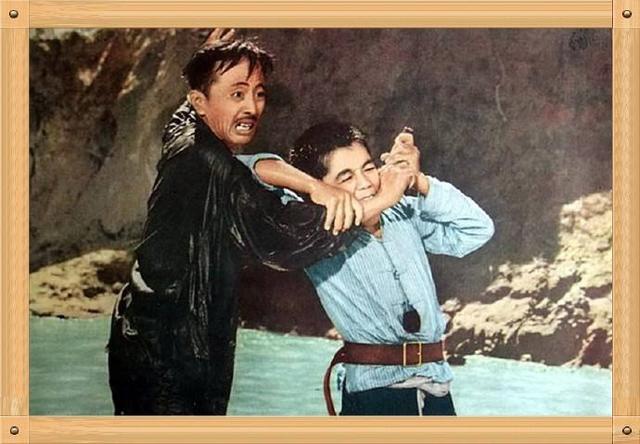
Obviously, Wei Wei didn’t do this, so Xu Guangyao didn’t leave a good impression on Wei Wei in his memoirs.
Wei Wei mainly wrote poems in his early days. As early as 1951, Xu Guangyao wrote the novel "Fire in the Plain", which was famous for a while. But later, except Private Zhang Ga, there was no novel published.
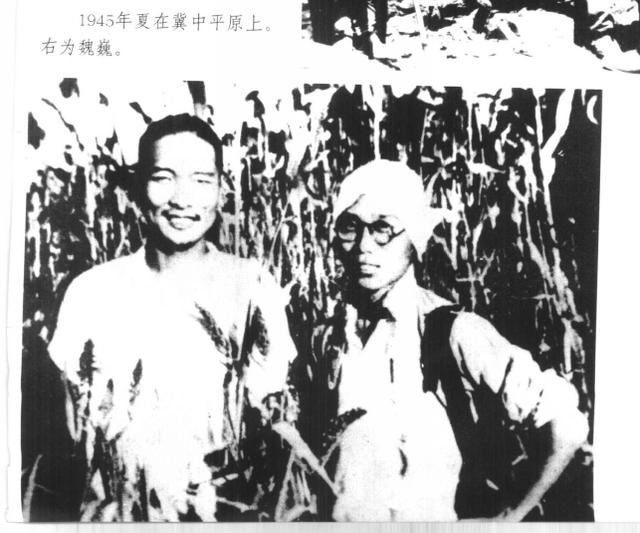
After Wei Wei wrote Oriental, he also wrote Red Ribbon on the Earth, and then wrote Fire Phoenix, which describes the theme of War of Resistance against Japanese Aggression, and has always maintained a high-intensity creative passion.
On the contrary, there are no more commendable literary works in Xu Guangyao, which gives people the impression that Xu Guangyao seems to be an old writer, while Wei Wei is more passionate about writing, basically keeping up with the literary rhythm in the new period.
In fact, Wei Wei is five years older than Xu Guangyao. Why is this happening?
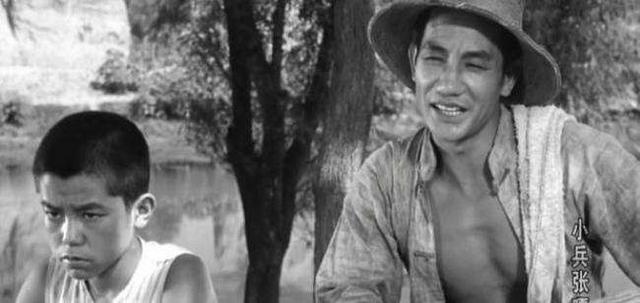
Very intriguing.
Judging from the changing creative experiences of Wei Wei and Xu Guangyao, Xu Guangyao actually inherited the traditional narrative style of China’s literature in writing. As far as Private Zhang Ga, a novel describing people’s lives at the grass-roots level, Xu Guangyao’s narrative style continues the grammatical essence of A Dream of Red Mansions, with the characteristics that China’s novels are based on stories.
For example, the description of "Private Zhang Ga" has a little bit of the language style of "Dream of Red Mansions": "Grandma is nearly seventy years old, relying on a pair of hands and a half pit of reeds to weave some seats and spin points, treating her old age as a soil, and she is bent on cultivating this little Vivi to grow up. She is happy but happy that this child not only eats bitter, but also bears the cold, and is smart and sensible, lively and born with a pair of broad and bright. I also jumped up and down, laughing and laughing, and served my grandmother happily. My grandmother was so sad and depressed that she broke him up and drove him away, turning a lonely and deserted portal into a small family as warm as a stove. "
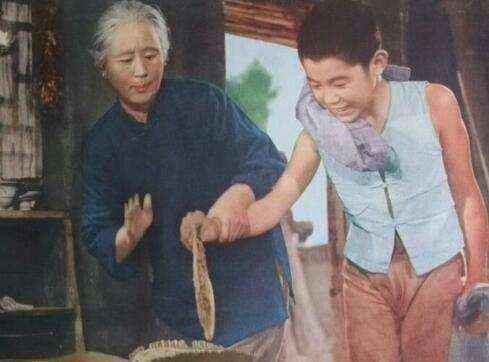
In contrast, Wei Wei lacks a lot of local style, but the use of written language can adapt to the characteristics of the times, because the era when local language is a narrative text has been difficult to arouse the response of the literary world with the advent of the literary trend in the new period.
Xu Guangyao exclaimed and admired Zhang Xianliang’s narrative style characterized by written language.
This is also the reason why Xu Guangyao is disappearing from the literary world, and his writing style is also blowing in the wind.
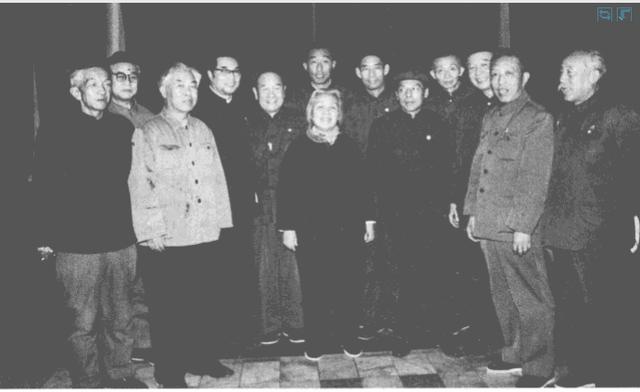
He used to be Ding Ling’s favorite disciple. At that time, Ding Ling valued two writers most, one was Tran Dang Khoa in the south and the other was Xu Guangyao in the north.
What does Ding Ling value about these two writers?
Is their local flavor. Ding Ling herself is an intellectual writer, so she has always had a natural envy of her native narrative, and this native style is embodied in Xu Guangyao and Tran Dang Khoa.
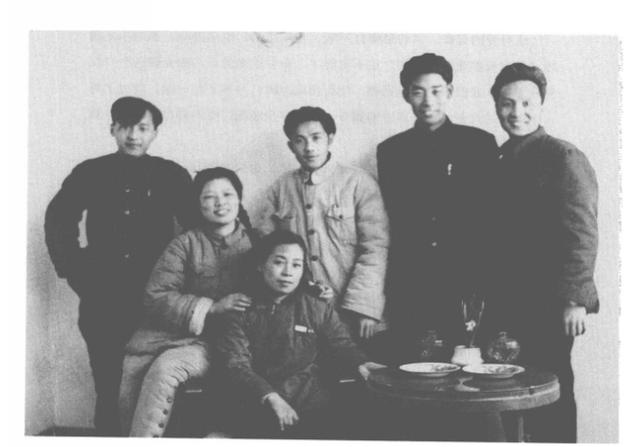
Xu Guangyao took a group photo when she got married.
However, with the opening of the literary curtain in the new period, this kind of local narrative has lost its market. Just like Haoran, his narrative style once swept the literary world, but in the new period literature, his language strength quickly fell behind the times.
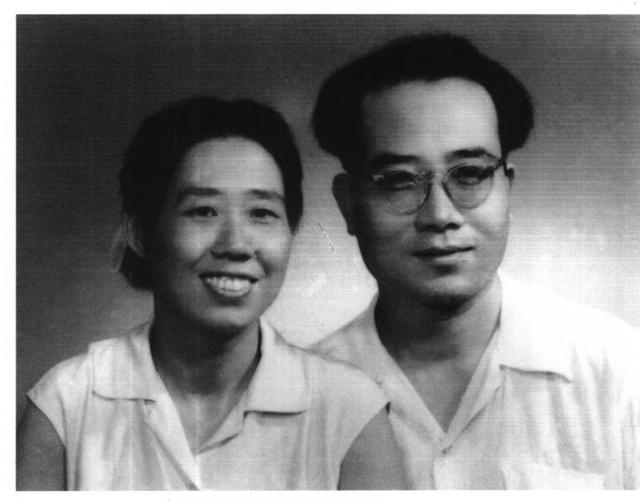
Including Mo Yan, it seems that he is a typical peasant, but his narrative is by no means a rural narrative. The image of his novels comes from The Quiet Don River, which can be said to come from the spiritual culture in the intellectual category, and it has laid the foundation for Mo Yan to be accepted by China literary circles immediately.
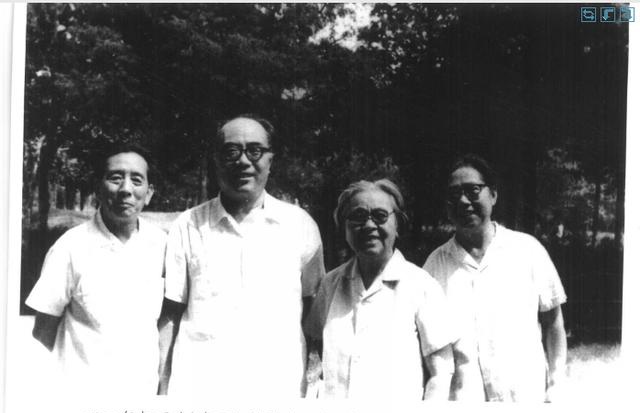
However, the genre that Wei Wei has been using before is poetry and communication, and the language used is a typical written language, which makes his literary works keep up with the narrative requirements of the times in the new period literature and keeps his continuous literary creativity and influence.
Nevertheless, once Wei Wei was in the context of local narrative, the characters he created were still not as good as Private Zhang Ga, but in the literary expression of the epic, Wei Wei left Xu Guangyao behind.
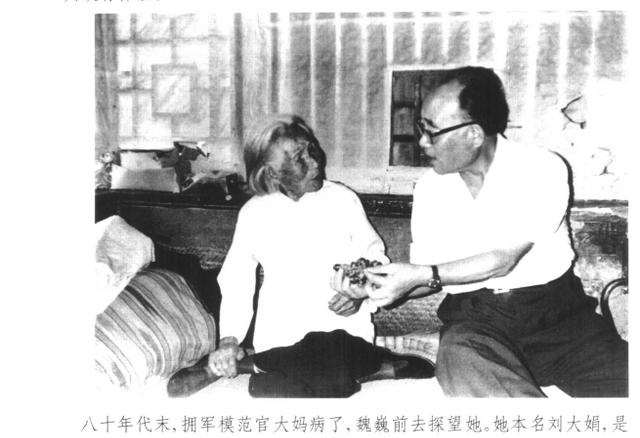
Therefore, from Private Zhang Ga to Wei Wei’s Oriental, we can see that the force field of China’s literature is quietly changing, and this change determines the writer’s influence and reputation in this era.